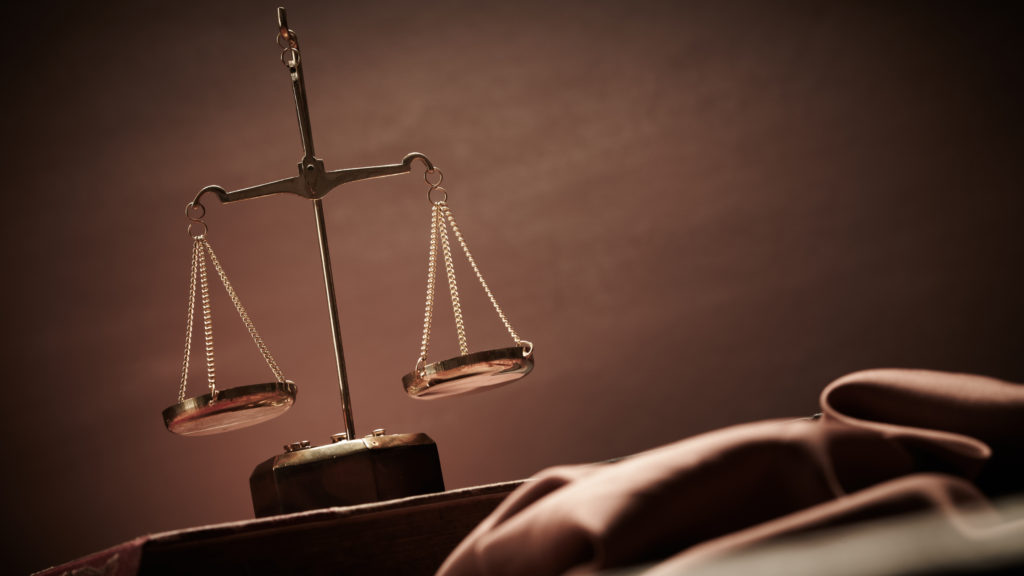Facing a legal dispute can be overwhelming, especially when the stakes are high. Whether you’re navigating a business conflict, personal injury claim, or contract dispute, understanding how civil litigation works as a legal remedy can offer clarity and confidence. At Barli Law LLC, we specialize in guiding clients through complex legal challenges with precision and care. In this post, we’ll explore how civil litigation serves as a powerful tool for resolving disputes and achieving justice.
What is Civil Litigation?

Civil litigation refers to the legal process by which disputes between parties—whether individuals, businesses, or organizations—are resolved in court. Unlike criminal cases, where the government prosecutes a person for violating laws, civil litigation deals with conflicts between private parties, often involving claims for damages or specific actions.
These disputes can range from contract disagreements and property issues to personal injury claims and family matters. Civil litigation provides a structured framework for parties to present their cases and seek a legal remedy, ultimately resolving conflicts in a way that protects rights and enforces fairness.
The Role of Civil Litigation in Resolving Disputes

At its core, civil litigation serves as a mechanism for resolving disputes between parties who cannot reach an agreement outside of court. It acts as a legal remedy when other methods—such as negotiation or alternative dispute resolution (ADR)—fail to resolve the issue at hand.
In civil litigation, the court system steps in as an impartial decision-maker, ensuring that the parties are treated fairly and that the dispute is handled in a legally appropriate manner. Through this process, litigants can pursue remedies for harm suffered, be it financial losses, personal injuries, or breaches of contract.
Legal Remedies Available in Civil Litigation

Civil litigation offers several legal remedies, depending on the nature of the case and the type of harm incurred. These remedies are designed to restore the harmed party to a position of fairness and justice.
- Monetary Damages: This is the most common form of remedy, where the court orders one party to pay a sum of money to the other. There are different types of damages:
- Compensatory Damages: Aimed at reimbursing the plaintiff for actual losses.
- Punitive Damages: Awarded to punish the defendant for particularly egregious behavior and to deter others from similar actions.
- Nominal Damages: Symbolic amounts awarded when a legal wrong occurred but no substantial harm was proven.
- Injunctive Relief: In some cases, the court may order a party to do something or refrain from doing something. For example, an injunction might prevent a business from disclosing confidential information or stop a person from trespassing on private property.
- Declaratory Relief: This remedy involves a court ruling that clarifies the rights and obligations of the parties involved. It doesn’t provide a direct monetary compensation but ensures that the parties understand their legal standing.
These remedies can address a wide range of disputes, ensuring that justice is served by compensating the injured party or preventing further harm.
Civil Litigation as a Last Resort

While civil litigation is an essential tool, it is often considered a last resort after all other avenues have been exhausted. Before heading to court, many parties attempt to resolve their disputes through mediation or arbitration, which are alternative dispute resolution (ADR) methods designed to avoid the time, cost, and stress of litigation.
However, when negotiations fail or the dispute cannot be settled outside of court, civil litigation becomes the primary means of seeking justice. It ensures that individuals and businesses have a legal avenue for resolving disputes and obtaining the remedies they are entitled to.
The Process of Civil Litigation

The process of civil litigation involves several key steps, each of which helps to ensure fairness and provide an opportunity for both sides to present their case:
- Filing a Complaint: The process begins when the plaintiff files a formal complaint, outlining the dispute and the legal claims against the defendant.
- Discovery: During this phase, both sides exchange information, documents, and evidence relevant to the case. This helps both parties understand the facts and prepare their arguments.
- Pre-Trial Motions and Hearings: Before the trial, both sides may file motions to resolve certain issues or dismiss parts of the case.
- Trial and Verdict: If the case goes to trial, both parties present their evidence and arguments. A judge or jury makes a final decision.
- Post-Trial Motions and Appeals: After the verdict, either party may file post-trial motions or appeal the decision if they believe there was an error in the trial.
This structured approach ensures that all parties have an opportunity to present their case and that justice is served in a thorough and equitable manner.
Potential Outcomes of Civil Litigation
The outcome of civil litigation can vary depending on the facts of the case and the strength of the arguments presented. A favorable outcome might result in monetary damages or injunctive relief, while an unfavorable outcome may leave the injured party without the desired remedy.
Even after a decision is rendered, the process isn’t always over. If one party is dissatisfied with the verdict, they may file an appeal or seek to enforce the judgment through various legal means. This ensures that the court’s decisions are respected and upheld.
The Importance of Legal Representation in Civil Litigation

Navigating the complexities of civil litigation can be challenging, and having the right legal representation is crucial. At Barli Law LLC, we provide skilled attorneys who can guide you through each step of the process, ensuring your rights are protected and that you receive the best possible outcome.
Our client-centered approach means that we take the time to understand your specific needs and tailor our strategies to achieve your goals. With extensive experience in civil litigation, we are well-equipped to handle even the most complex disputes with precision and dedication.
Conclusion
Civil litigation plays a critical role in resolving disputes and delivering justice. By offering various legal remedies such as damages, injunctions, and declaratory relief, it ensures that individuals and businesses can address harm and seek fairness in a structured, legal environment. While civil litigation is often a last resort, it provides an essential pathway for achieving justice when other options have failed.
If you are facing a legal dispute and need expert guidance, contact Barli Law LLC. Our team is ready to advocate for your rights and help you navigate the complexities of civil litigation. Let us stand by your side during this challenging time.




